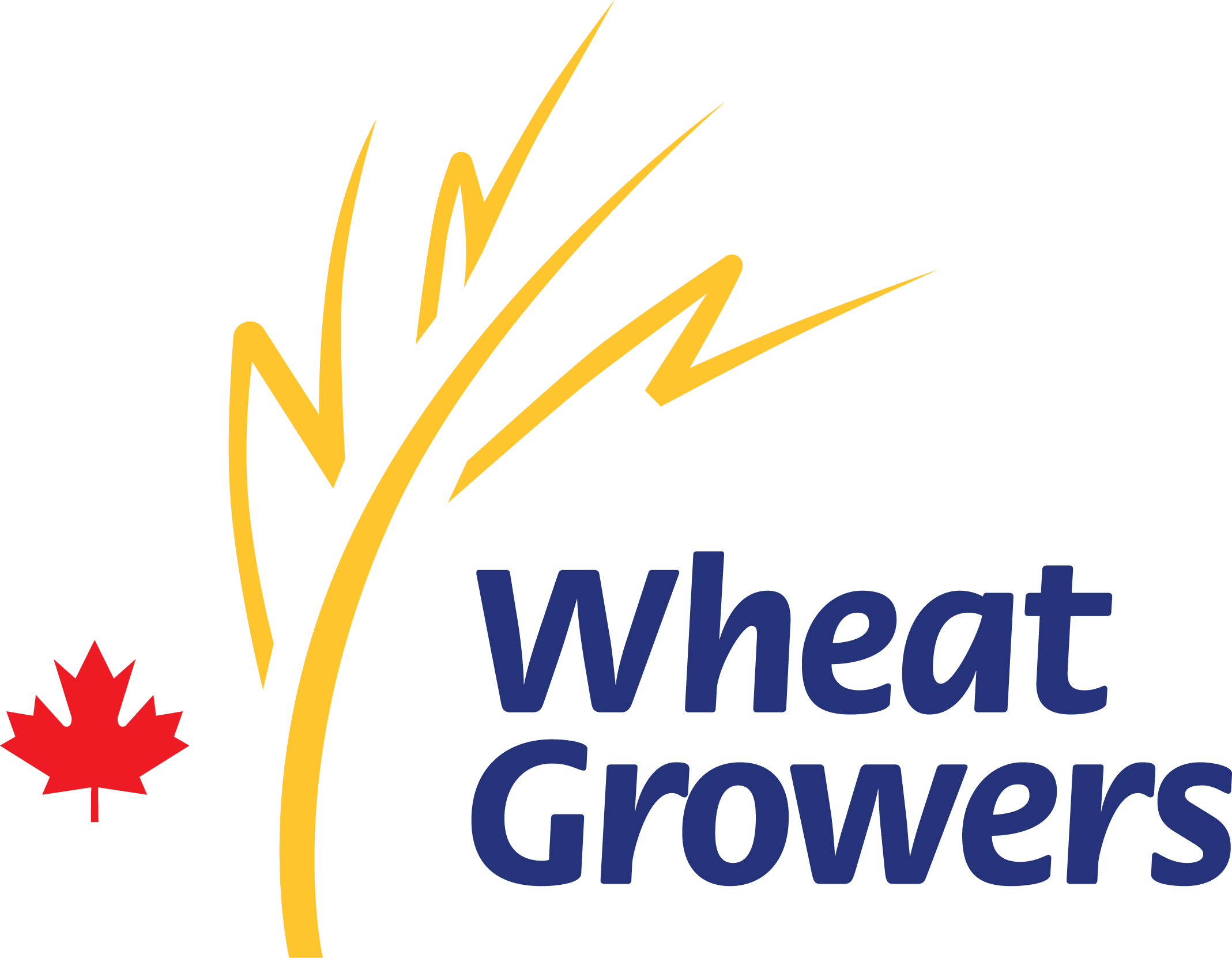Are all wheat crops in Canada GMO?
Why can people with gluten sensitivities eat wheat in Europe but not Canada?
Do wheat growers spray their crops with glysophate?
What are wheat growers doing to help fight climate change?
How are wheat growers working towards net zero?
There are no mandatory restrictions on fertilizer, so why is it an active policy?
If the government has exempt farmers from carbon tax so why is an active policy?
How is the Wheat Growers Association funded?
If the Wheat Growers Association has sponsors and paid members, why are donations requested?
